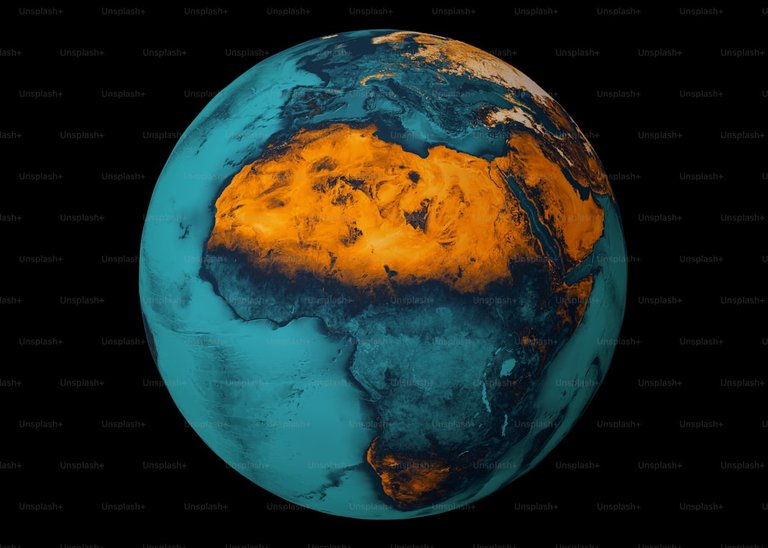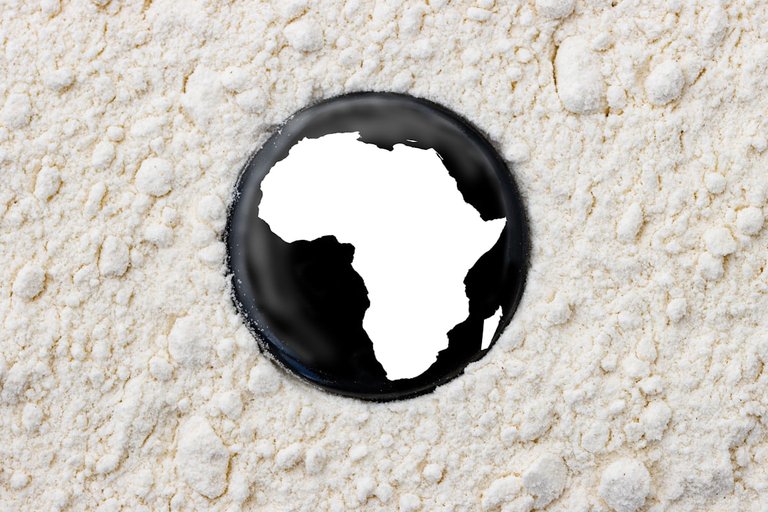Why Crypto Matters in Africa More Than Anywhere Else
I’ve come to realize that crypto isn’t just some internet money. For many people here in Africa, it’s a real solution to real problems. I know because I’ve seen and felt some of those problems myself. From inflation to poor banking access, crypto is slowly becoming more than just a buzzword, it’s becoming a lifeline.
Let’s face it, in many African countries, traditional banking systems are either unreliable or don’t reach the average person. In some areas, people don’t even have a bank account, yet almost everyone has a phone. That’s where crypto steps in. With just a smartphone and internet, anyone can open a wallet, send or receive money, and even earn. No long queues. No paperwork. No bank manager telling you “come back tomorrow.”
Then there's the issue of currency instability. Countries like Zimbabwe, Nigeria, and Ghana have struggled with inflation. One day your money has value, the next day it's worth half. People are tired of watching their savings lose value overnight. Crypto, especially stablecoins, offers an alternative. When people convert their local currency into USDT or Bitcoin, they’re not just investing, they’re protecting their hard earned money.
Another big deal is remittances. A lot of Africans have family members abroad who send money back home. Traditional methods like Western Union charge high fees and take days. But with crypto, someone in the US can send Bitcoin to a family member in Kenya in minutes, with lower costs. It’s fast, direct, and secure.
And it’s not just about money. Crypto and blockchain are giving birth to opportunities in education, jobs, and entrepreneurship. There are young people in Africa today learning blockchain development, earning crypto through blogging, gaming, or freelancing, all without ever needing to leave their country. Hive is a good example of that. If you’re consistent, it rewards your creativity. It’s not perfect, but it gives value to effort, and that’s something we need more of.
Of course, crypto isn't without its risks. Scams are everywhere. Some people still think it’s all about getting rich quick. That mindset leads to people falling for Ponzi schemes or trading without knowing the basics. But like any tool, it depends on how you use it. With the right education, crypto can empower, not deceive.
To me, crypto matters in Africa because it represents a kind of freedom. Financial freedom, yes, but also freedom to connect globally, to build, and to dream beyond borders. We don’t need permission from any system, we just need knowledge, access, and a little courage.
The rest of the world may see crypto as an experiment, but here in Africa, for many of us, it’s already part of daily life. And the more we learn, the more powerful it becomes.
Thanks for your time.

